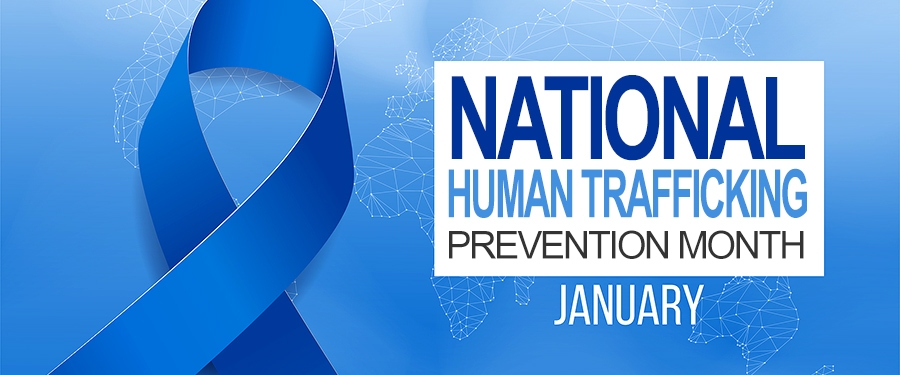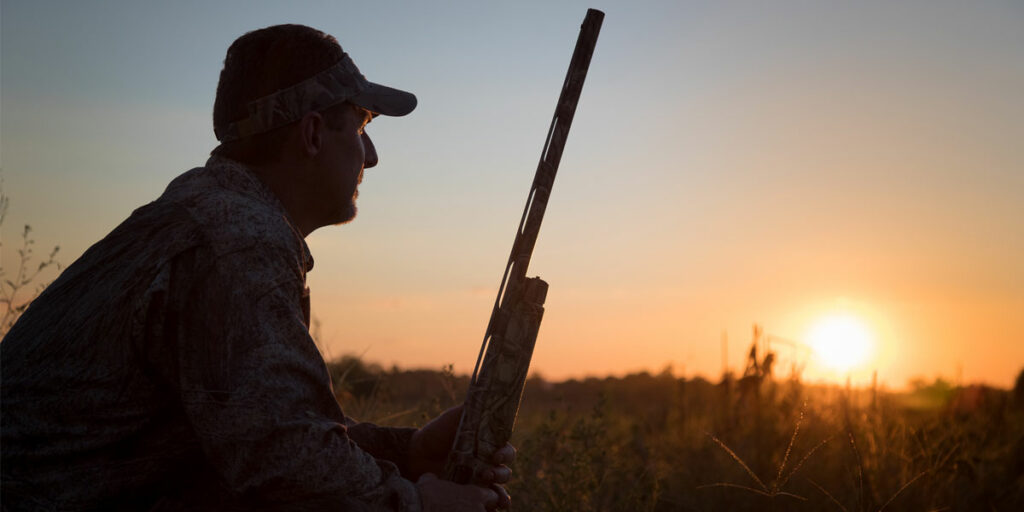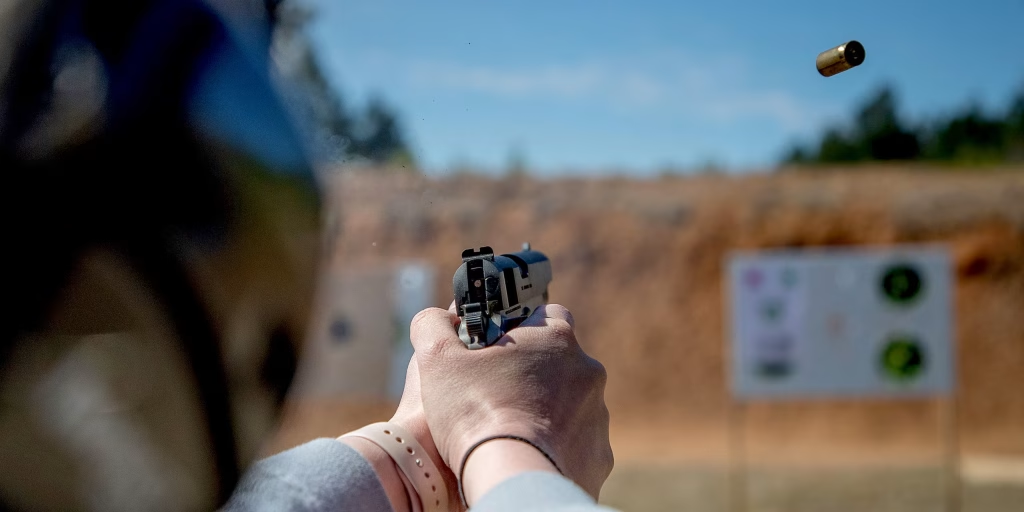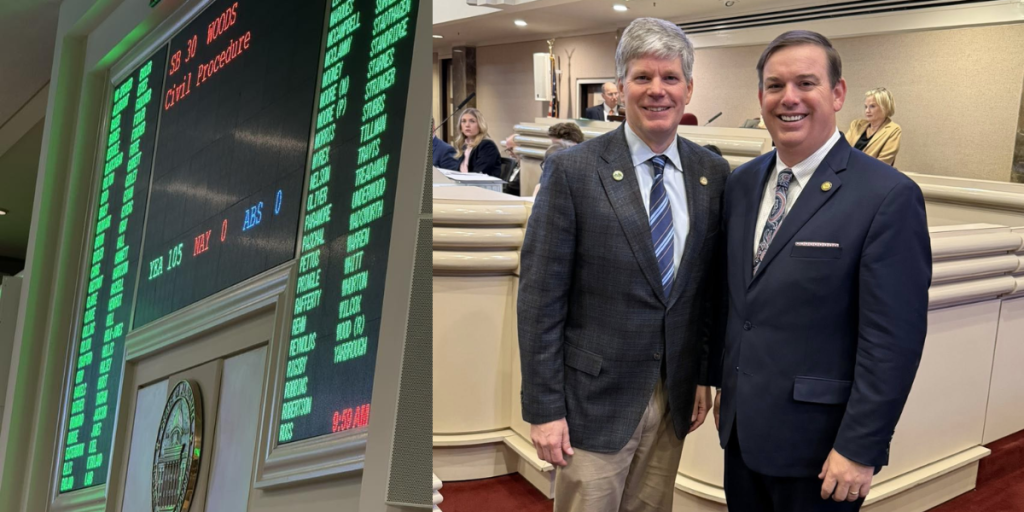Human Trafficking Awareness Month sheds light on this serious public health issue and crime that impacts individuals, families, and communities worldwide. According to the U.S. Office on National Human Trafficking, the monthlong observance highlights the urgent need for collective action to combat human trafficking, which continues to harm millions around the world.
Nearly 25 years after the passing of the Trafficking Victims Protection Act, an estimated 27.6 million people are subjected to human trafficking worldwide. Cases are reported in every U.S. state and territory, demonstrating the pervasive nature of this crisis. While anyone can fall victim to trafficking, certain populations are at greater risk—particularly those facing abuse, violence, poverty, unstable living conditions, or social isolation.
Human trafficking is not an isolated issue but rather interconnected with other forms of violence and exploitation, sharing common risk factors such as unsafe environments and lack of resources. This year’s theme, “Connecting the Dots. Strengthening Communities. Preventing Trafficking,” underscores the importance of understanding these connections and addressing the root causes to prevent trafficking. A comprehensive approach is crucial.
Addressing human trafficking requires a coordinated, community-wide effort. It calls for collaboration across sectors and the inclusion of voices from survivors to ensure that programs are effective and meet the diverse needs of those impacted. Trauma-informed and survivor-centered services are essential for aiding recovery and fostering resilience among survivors.
Every individual, family, community, and organization has a crucial role to play in raising awareness and preventing human trafficking. By taking action and learning more about prevention and support strategies through resources like acf.hhs.gov/endtrafficking, we can collectively reduce the conditions that contribute to exploitation and build stronger, safer communities.













